Jesus’s humanity was on full display in the wilderness: he experienced hunger and thirst, he wandered, and he knew the temptation of sacrificing calling on the altar of short-term ease or glory. During Lent, then, when we remember Jesus in the desert and we reflect on our own wilderness, we are affirming that there is beauty and dignity in the very nature of humanity—even in our hunger, our doubt, and our wandering.
In the face of systems that seek to divide, belittle, and harm certain people based on some aspect of their humanity, this affirmation is nothing less than an act of resistance. And resistance, like all prophetic work, requires a deep well from which we can draw. What inspires your resistance? How is your own humanity affirmed even as you’re working to affirm others? What spiritual formation practices might grow the depth and clarity of your work in the world?
We brought those questions to folks in our community and put together this list of recommendations. May these resources bring rest, fresh insight, renewed hope, and an emboldened sense that we are not alone as we work against de-humanizing systems.
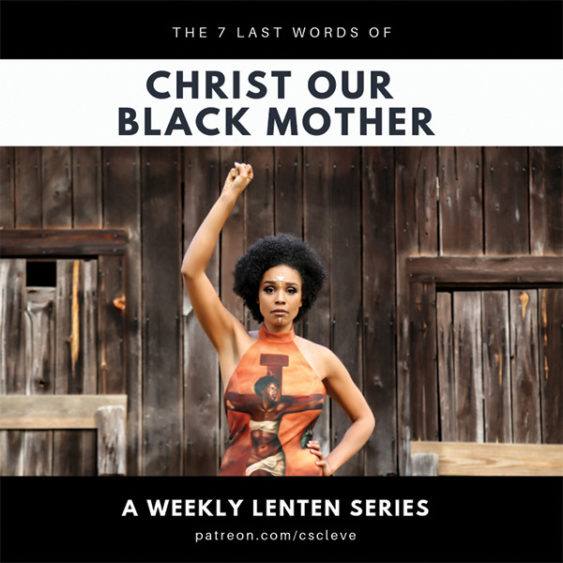
The 7 Last Words of Christ Our Black Mother
“I’m eager to go beyond theologies of suffering and survival to also examine the theologies of life, flourishing, strength, meaning-making, and #blackgirlmagic that stem from black women’s experiences and perspectives.” –Dr. Christena Cleveland
This is a stunning, revolutionary series Dr. Cleveland is facilitating during Lent, grounded in the conviction that “patriarchy and whiteness need to be exorcised from biblical interpretation.” If you find that high Church rhythms feel too entwined with historically oppressive systems, we can’t recommend this series enough. You can read the intro post here, then become a patron to follow the rest.
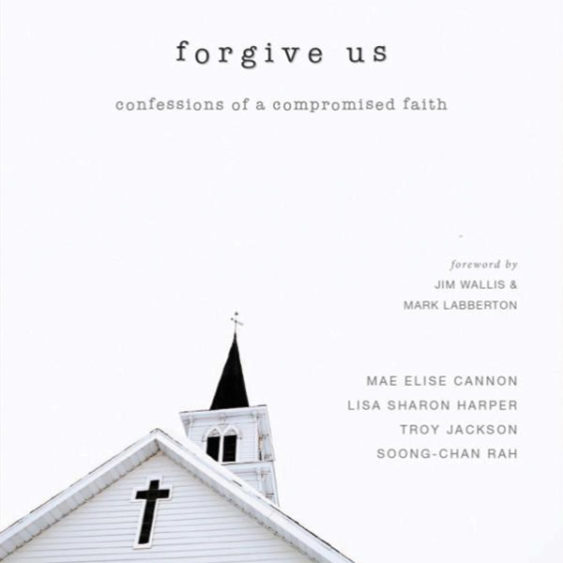
Forgive Us: Confessions of a Compromised Faith
Christena Cleveland’s work above feels so crucial because, in part, the dominant expressions have for too long been aligned with the patriarchal, white supremacist forces that undergird oppressive systems. In Forgive Us, two pastor-historians offer compelling historical accounts of the American Church’s role in harmful power structures, and Lisa Sharon Harper and Dr. Soong-Chan Rah then share vital theological reflections and words of confession and repentance. If human affirmation is an act of Christian resistance, then confession and repentance are at once social and spiritual practices. We’re grateful to this book for demonstrating that so powerfully.
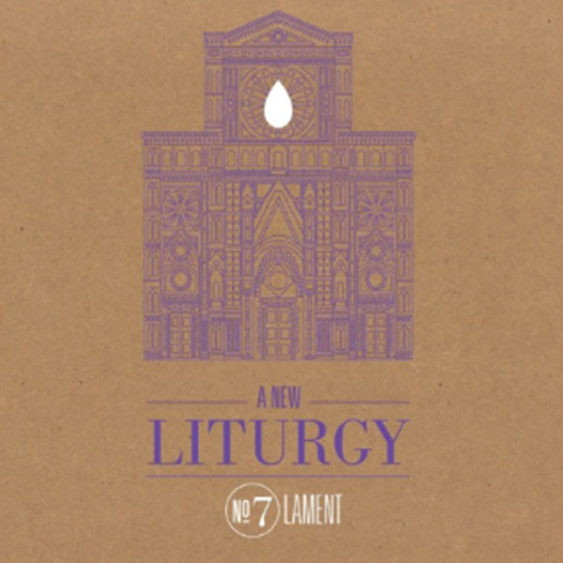
A New Liturgy: Lament
At the heart of confession and repentance is the dynamic expression of lament. Lament is the declaration that this is not right, the grief that our embodiment of God’s image falls so short of the Christological affirmation of humanity. From the somber confession of Ash Wednesday to the anguish of Holy Saturday, lament is at the heart of Lent. This episode of A New Liturgy, a project from Aaron Niequist and friends, is a guided journey of music, prayer, and scripture that creates space for lament to do its work.
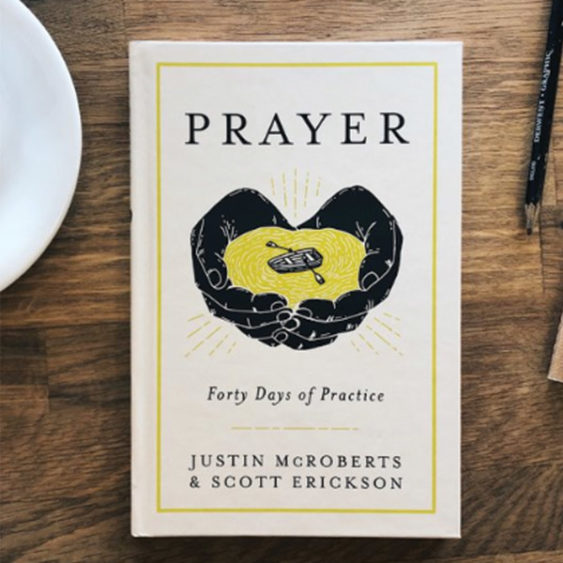
Prayer: 40 Days of Practice
We’ve shared this one before, but we keep coming back to it. Many folks in our community resonate with the thought-provoking, contemplative art by Scott Erickson, and we particularly love the 40 Days of Practice prayerbook he created with Justin McRoberts. If you’re looking to add some depth and beauty to the rhythms of your spiritual practice—not just during Lent—this is a beautiful place to start.

The Painted Prayerbook
A number of folks also recommended the Painted Prayerbook from artist, author, and minister Jan Richardson. Each week, this blog features a reflection on a text from the lectionary, accompanied by a work of original art. We believe that integrating art with spiritual formation will deepen and energize our practice, and Jan’s work explores this beautifully.
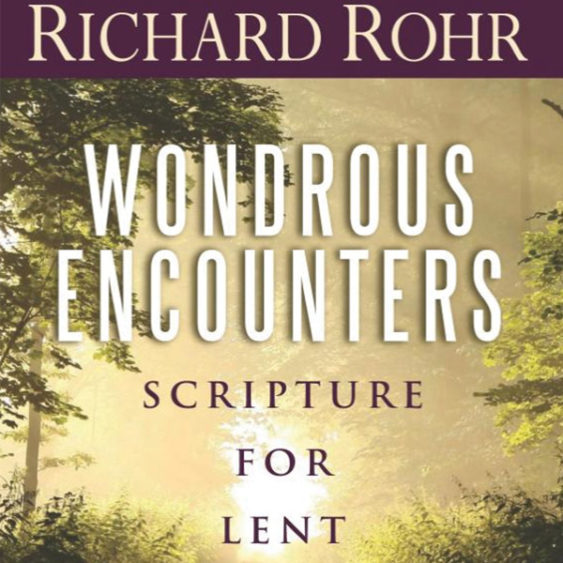
Wondrous Encounters: Scriptures for Lent
For years, the work of Richard Rohr has challenged our assumptions, opening us to an image of Christ that is bigger, bolder, and more open than we ever imagined. This little book is no different. Rohr guides us through a series of readings for the Lenten season (and beyond), encouraging us to grow into people who are more and more open to surprising, transformative encounters.


